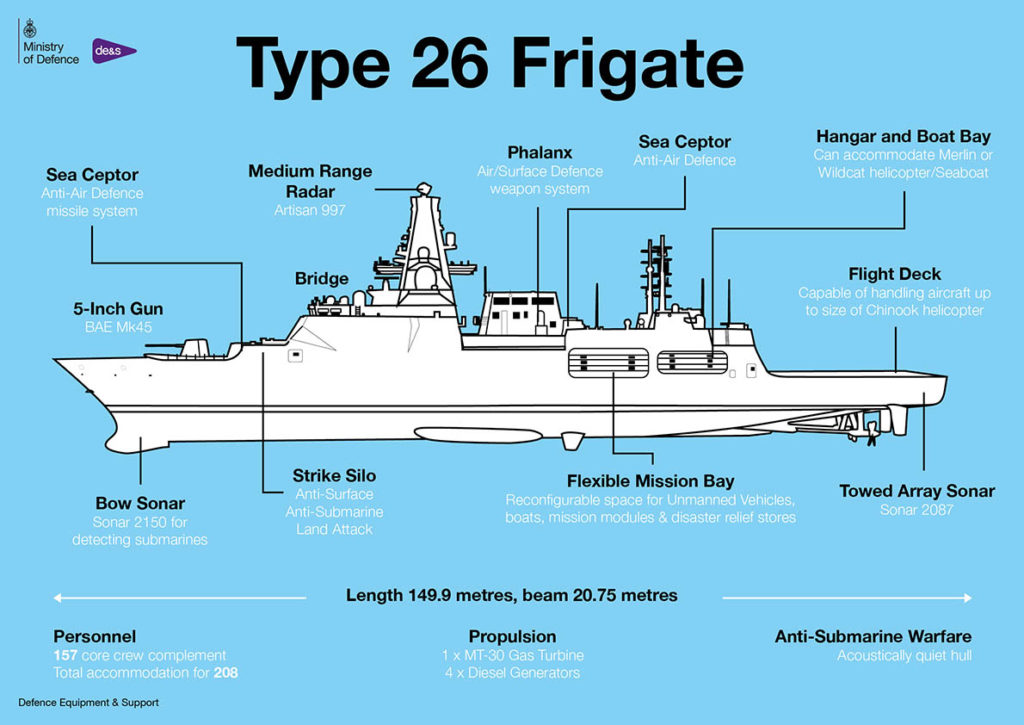You are using an out of date browser. It may not display this or other websites correctly.
You should upgrade or use an alternative browser.
You should upgrade or use an alternative browser.
Jura The idiot
General
Jura The idiot
General
Mar 22, 2019
RAF targets April 2020 for maritime patrol resumption
now the Wedgetail ("... initial operational capability planned for the second half of 2023") inside
RAF targets April 2020 for maritime patrol resumption
- 30 July, 2019
Jura The idiot
General
Jan 10, 2018
Critical Royal Navy submarine refit running late
August 3, 2019
and in the meantimeOct 23, 2017
now noticed "Disposal of the eventual total of 27 boats will cost at least £10.4bn over 25 years and continue into the 2040s." etc.:
The painfully slow process of dismantling ex-Royal Navy nuclear submarines
real world, huh?

Critical Royal Navy submarine refit running late
August 3, 2019
Neutral Zone
Junior Member
Meant to post this last week, an RAF Chinook was called in to deliver material to shore up a reservoir dam in Derbyshire that was in danger of collapse. Testament to the pilot’s skill that he can position it so close to the dam, no margin for error.
Attachments
UK seeks ‘flexible’ approach to Tempest fighter aircraft partnerships
The UK MoD is still looking for other states to join the effort but does not want partnerships only for the sake of work-sharing, Bollom told Jane's on 8 August. "My aspiration for this, in the first instance, is rather than setting up a project with fairly rigid workshare arrangements, that we get together in a collaborative way; we look at what each of the partners can bring to the project, and we set the project and the air system up on the basis of the best technology fit."
This feels very delusional. Like the UK can call the shots while receiving billions.
Brumby
Major
UK pursues low-cost unmanned combat aircraft
Industry teams led by Blue Bear Systems Research, Boeing Defence UK, and Callen-Lenz have been awarded contracts by the UK Royal Air Force (RAF) Rapid Capabilities Office (RCO) to complete the preliminary design of a low-cost unmanned combat aircraft that can operate alongside manned fast jets as part of future air power mix.
The Lightweight Affordable Novel Combat Air (LANCA) technology demonstrator initiative, which is known as Project Mosquito, is intended to generate evidence in order to inform a potential future 'Loyal Wingman' requirement. As well as exploring the utility of an unmanned adjunct capability to inform the UK's Combat Air Strategy, the LANCA initiative is also intended to grow understanding of methods to radically reduce the cost and time of fielding a combat air capability of this class compared with traditional combat air systems.
LANCA emerged from the 2015 studies undertaken by the UK Defence Science and Technology Laboratory (Dstl) to understand how innovative combat air technologies and operating concepts might offer radical reductions in system cost and development time. Subsequently, LANCA was brought into the RAF RCO as part of the wider Future Combat Air System Technology Initiative (FCAS TI): apart from LANCA, the FCAS IT initiative also encompasses the Next Generation Combat Air System (being developed under the umbrella of Team Tempest).
The acquisition strategy for Project Mosquito is split into two phases: Phase I, which lasts for 12 months and covers preliminary system design, and Phase II, which will see a downselect to one or two teams to further mature their designs, complete manufacturing of the technology demonstrator, and complete a limited flight-test programme.
Up to two contracts will be awarded for Phase II. Initial flight tests of the demonstrator air vehicle could take place as early as 2022.
Navantia & BMT to Unveil FSS Design Proposal at DSEI 2019

--
BAE Systems Starts Construction on Royal Navy’s 2nd City-class Type 26 Frigate


Spanish shipbuilding company Navantia will be exhibiting at DSEI 2019 and is set to unveil its design proposal for the UK Ministry of Defence 's Fleet Solid Support (FSS) programme alongside its partner, BMT.
--
BAE Systems Starts Construction on Royal Navy’s 2nd City-class Type 26 Frigate

BAE Systems cut the first steel for HMS Cardiff, the second Type 26 City-class frigate for the Royal Navy, on August 14 2019.


